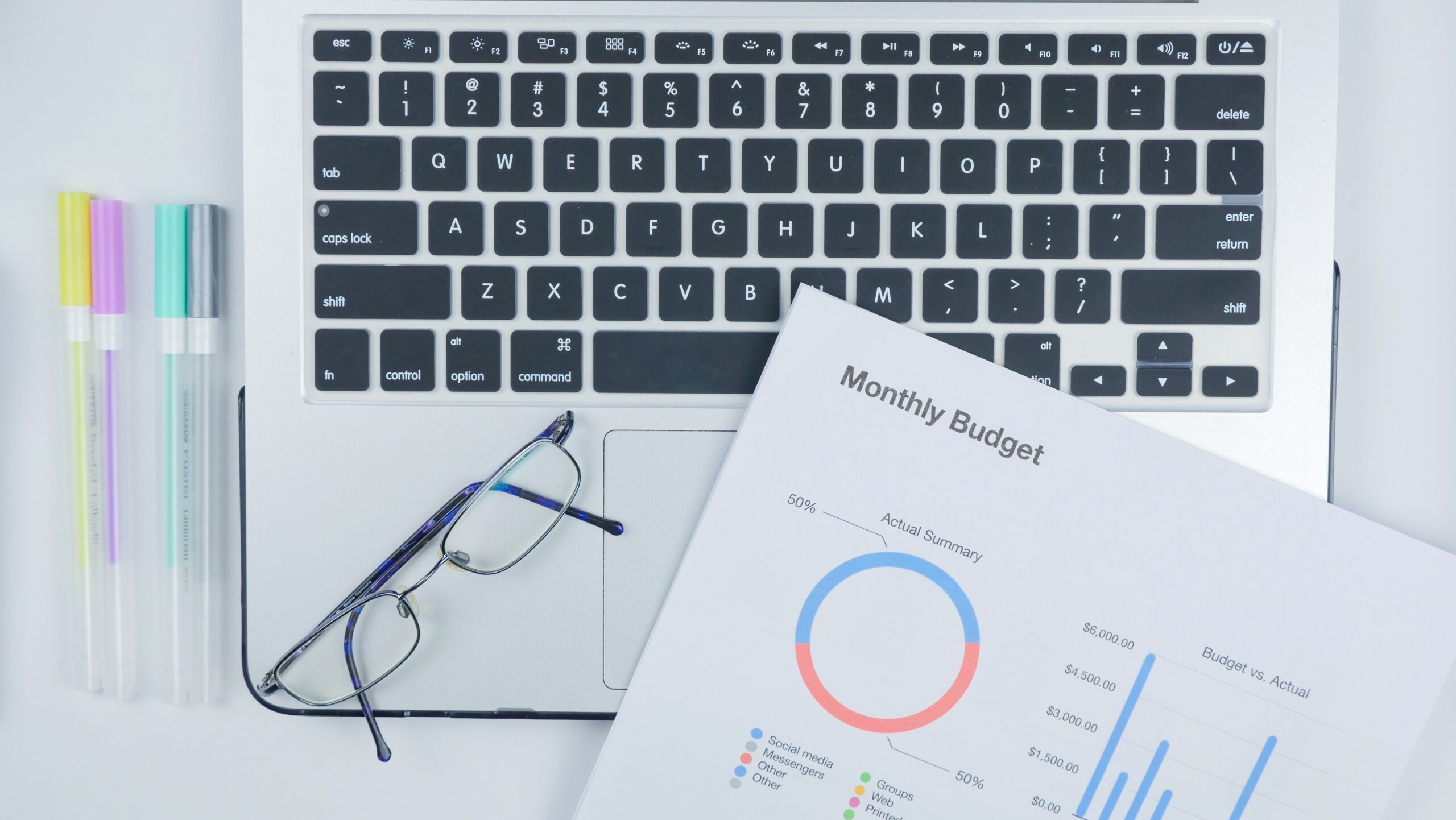
What is a Budget?
What is a Budget?
What is a budget? Budgeting is the process of setting intentions for your money. Often when the word budget comes up, it’s spoken in a negative, restrictive way. But budgeting actually gives you power, knowing that your money is going to where you want it to go.
Your budget should include, your expenses, savings, debt repayment and investing.
Types of Budgets
- 50/30/20
- Zero Based Budget
- Cash Envelope Budget
50/30/20 Budget
This budget involves separating your intentions for your money in 3 ways.
50% Needs: which would include hosting costs, grocery cots, utility costs, etc.
30% Wants: Shopping, Outings, etc.
20% Saving/Giving/Debt/Investing: Emergency Fund, Sinking Fund, Debt repayments, and/or investing
Zero Based Budget
The Zero- based budget helps you give every dollar of income an intentional purpose. So that no dollar goes unaccounted for.
If you did this as a math equation it would look like this:
Income – expenses, savings, debt repayment, investing = 0
This has recently become one of my favourite budgeting methods, as it allows me to make sure I have an intention for each dollar that I spend or save.
No dollar gets left behind!
Cash Envelope Budget
The cash envelope method involves you choosing spending categories for your money, writing them on the envelopes, and then putting a set amount of money in each envelope.
Budgeting Tools
There are many ways to budget. You can use an app, spreadsheet, or keep it simple with a pen and notebook.
Whichever way you decide, choose the budget type, and style that will help you a achieve your goals.
When I started budgeting, I started with a google spreadsheet and then transitioned into using the mint app. I’ve also gone from using the 50/30/20 method to now using the Zero budget method. At the end of the day, choose what’s right for you.
How to create a budget
Now that you know what a budget is, you must be wondering how to create one. Your first step is to choose the type of budget you want to use. Next you need to choose what tools you will use to track your budget. Lastly, you need to set a time to check to make sure you are staying within your budget. This can be weekly or biweekly.
Remember your budget will not always be perfect, but you have to balance your categories if you go over in one. Check out some of my previous blogs on budgeting:
Remember it’s time to level up your wealth!





-
-
4 years
Tagged money and marriage, money and relationships, money talks, moneymindset, personal finance